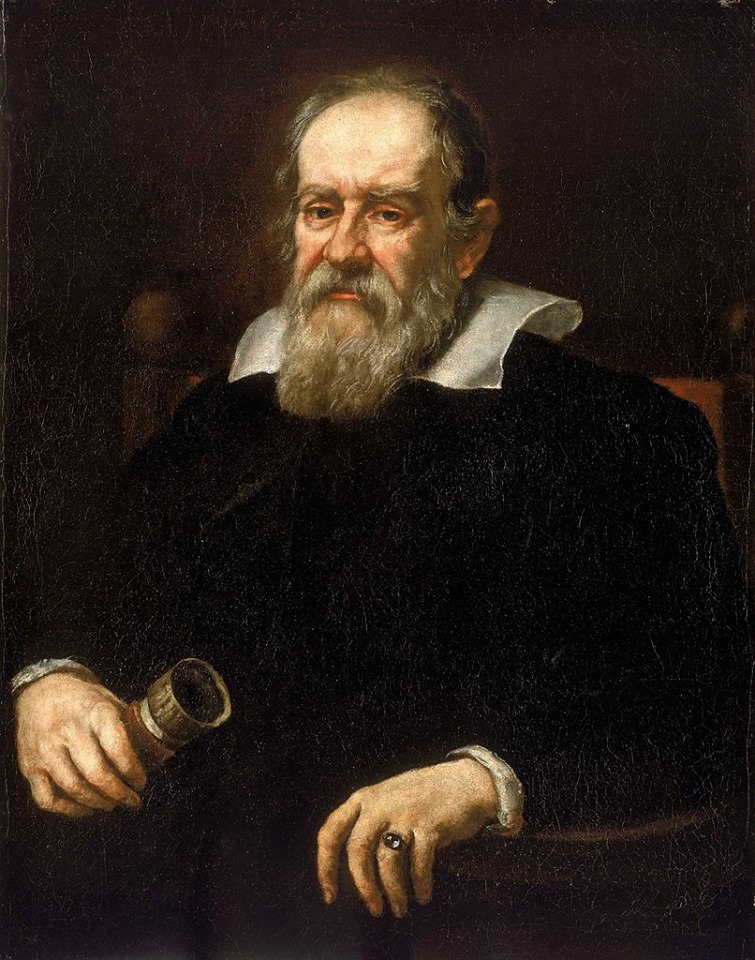 Galileo Galilei (15 February 1564– 8 January 1642) was an Italian astronomer, physicist and engineer, sometimes described as a polymath. He has been called the "father of observational astronomy", the "father of modern physics", the "father of the scientific method", and the "father of modern science”. He studied many subjects including speed, velocity, gravity, relativity, inertia etc., and invented the thermoscope and various military compasses. He also confirmed the phases of Venus, and analysed sunspots, amongst other contributions to observational astronomy. However, his championing of heliocentric and Copernicanism is what landed him in hot water. He believed that the Earth revolved around the sun and not the other way round. The Roman Inquisition in 1615 had called this view foolish and absurd as well as formally heretical.
Galileo Galilei (15 February 1564– 8 January 1642) was an Italian astronomer, physicist and engineer, sometimes described as a polymath. He has been called the "father of observational astronomy", the "father of modern physics", the "father of the scientific method", and the "father of modern science”. He studied many subjects including speed, velocity, gravity, relativity, inertia etc., and invented the thermoscope and various military compasses. He also confirmed the phases of Venus, and analysed sunspots, amongst other contributions to observational astronomy. However, his championing of heliocentric and Copernicanism is what landed him in hot water. He believed that the Earth revolved around the sun and not the other way round. The Roman Inquisition in 1615 had called this view foolish and absurd as well as formally heretical.
In The Dialogue Concerning the Two Chief World Systems, Galilei defended his views, which were considered an attack on Pope Urban VIII. The Inquisition tried him and found him “vehemently suspect of heresy’. He was forced to recant and spent the rest of his life under house arrest. The book was also placed on the Index of Forbidden Books, from which it was not removed until 1835 (after the theories it discussed had been permitted in print in 1822). In an action that was not announced at the time, the publication of anything else he had written or ever might write was also banned in Catholic countries.
Image: Portrait of Galileo Galilei (1636), by Justus Sustermans via Wikimedia Commons.
This book forms part of the Asiatic collection. Become a member now to gain access to Asiatic's fabulous collection of books. Get the details here: http://asiaticsociety.org.in/…/struct…/membership/individual
© 2018 The Asiatic Society of Mumbai. All Rights Reserved.

